In the Node.js language, there is no essential difference between packages and modules. Packages are a deeper abstraction based on modules. Packages encapsulate an independent function and are used for publishing, updating, dependency management and Perform version control. Node.js implements the package mechanism according to the CommonJS specification, and npm was developed to solve the package publishing and acquisition requirements.
The package of Node.js is a directory that contains the package description file package.json in JSON format. The package of Node.js basically follows the CommonJS specification, so it has the following characteristics:
Package features defined by the CommonJS specification:
1) The top-level directory contains the package.json file;
2) The bin directory stores binary files;
3) The lib directory stores JavaScript files;
4) The doc directory stores documents;
5) The test directory stores unit tests.
Node.js modules and files have a one-to-one correspondence. Files can not only be JavaScript source files or binary files, but also directories. The simplest package is a directory module.
Node.js packages are usually a collection of modules, which provide a higher level of abstraction based on the modules, which is equivalent to a function library that provides some fixed interfaces.
By customizing package.json, we can create more complex, more complete, and more compliant packages for release.
When Node.js calls a package, it will first check the main field of the package.json file in the package and use it as the interface module of the package. If the main field of the package.json file does not exist, then Node.js will try Look for index.js or index.node as the interface of the package.
The package.json file is a file used by the CommonJS specification to describe a package. A package.json file that fully conforms to the specification should contain the following fields:
1) name: package name. The package name is unique and consists of lowercase letters, numbers and underscores, and cannot contain spaces.
2) description: package description. Give a brief description of the package.
3) version: version number. A version string that meets the "Semantic Version Identification" specification.
4) keywords: array of keywords, usually used for search.
5) maintainers: array of maintainers. Each element contains name, email (optional), web (optional) fields.
6) contributors: array of contributors. The format is the same as the maintainer array. The package author should be the first element of the contributors array.
7) Bugs: The address to submit bugs, which can be a website or email address.
8) licenses: license array. Each element should contain type (license name) and url (address link to the license text) fields.
9) repositories: array of warehouse hosting addresses. Each element must contain type (type of warehouse, such as Git), url (warehouse address) and path (path relative to the warehouse, optional) fields.
10) dependencies: package dependencies. Is an associative array consisting of package name and version number.
Note: The "Semantic Version Identification" specification is a set of version naming specifications proposed abroad. The original purpose was to solve various version number size comparison problems. It is currently adopted by many package management systems.
The following is a package.json example that fully complies with the CommonJS specification:
{
"name": "testpackage",
"description": "My package for CommonJS.",
"version": "0.1.0",
"keywords": [
"testpackage",
"liq"
],
"maintainers": [
{
"name": "liq",
"email": "liq@hotmail.com",
}
],
"contributors": [
{
"name": "liq",
"web": "http://blog.csdn.net/chszs"
}
],
"bugs": {
"mail": "liq@hotmail.com",
"web": "http://blog.csdn.net/chszs"
},
"licenses": [
{
"type": "Apache License v2",
"url": "http://www.apache.org/licenses/apache2.html"
}
],
"repositories": [
{
"type": "git",
"url": "http://github.com/chszs/packagetest.git"
}
],
"dependencies": {
"webkit": "1.2",
"ssl": {
"gnutls": ["1.0", "2.0"],
"openssl": "0.9.8"
}
}
}
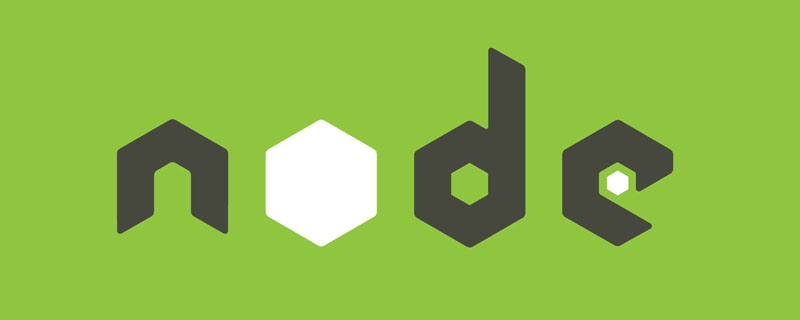 Vercel是什么?怎么部署Node服务?May 07, 2022 pm 09:34 PM
Vercel是什么?怎么部署Node服务?May 07, 2022 pm 09:34 PMVercel是什么?本篇文章带大家了解一下Vercel,并介绍一下在Vercel中部署 Node 服务的方法,希望对大家有所帮助!
 node.js gm是什么Jul 12, 2022 pm 06:28 PM
node.js gm是什么Jul 12, 2022 pm 06:28 PMgm是基于node.js的图片处理插件,它封装了图片处理工具GraphicsMagick(GM)和ImageMagick(IM),可使用spawn的方式调用。gm插件不是node默认安装的,需执行“npm install gm -S”进行安装才可使用。
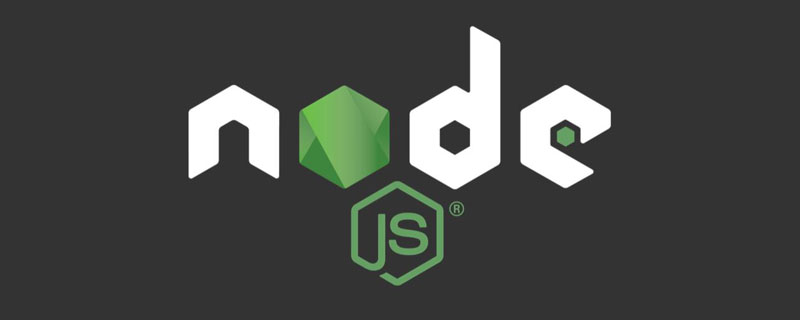 怎么使用pkg将Node.js项目打包为可执行文件?Jul 26, 2022 pm 07:33 PM
怎么使用pkg将Node.js项目打包为可执行文件?Jul 26, 2022 pm 07:33 PM如何用pkg打包nodejs可执行文件?下面本篇文章给大家介绍一下使用pkg将Node.js项目打包为可执行文件的方法,希望对大家有所帮助!
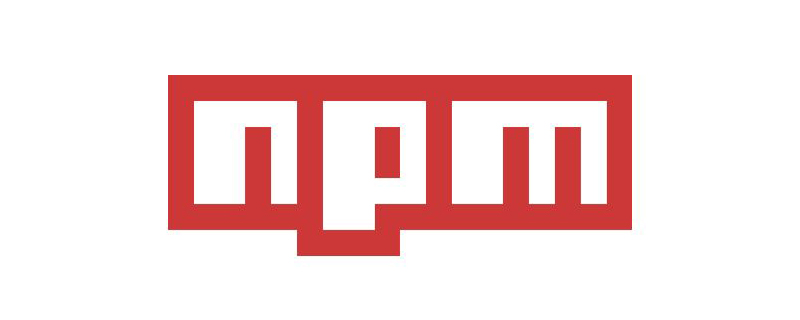 一文解析package.json和package-lock.jsonSep 01, 2022 pm 08:02 PM
一文解析package.json和package-lock.jsonSep 01, 2022 pm 08:02 PM本篇文章带大家详解package.json和package-lock.json文件,希望对大家有所帮助!
 分享一个Nodejs web框架:FastifyAug 04, 2022 pm 09:23 PM
分享一个Nodejs web框架:FastifyAug 04, 2022 pm 09:23 PM本篇文章给大家分享一个Nodejs web框架:Fastify,简单介绍一下Fastify支持的特性、Fastify支持的插件以及Fastify的使用方法,希望对大家有所帮助!
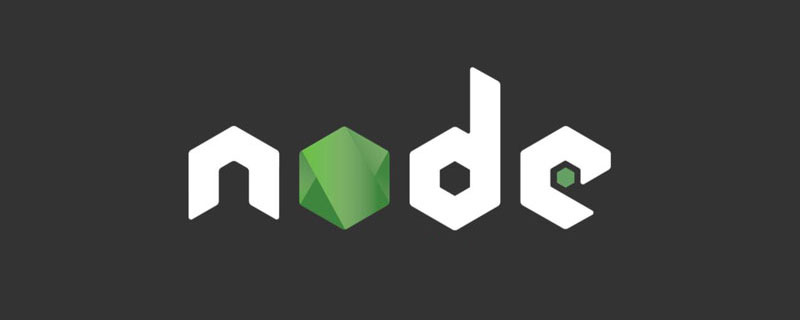 node爬取数据实例:聊聊怎么抓取小说章节May 02, 2022 am 10:00 AM
node爬取数据实例:聊聊怎么抓取小说章节May 02, 2022 am 10:00 AMnode怎么爬取数据?下面本篇文章给大家分享一个node爬虫实例,聊聊利用node抓取小说章节的方法,希望对大家有所帮助!
 手把手带你使用Node.js和adb开发一个手机备份小工具Apr 14, 2022 pm 09:06 PM
手把手带你使用Node.js和adb开发一个手机备份小工具Apr 14, 2022 pm 09:06 PM本篇文章给大家分享一个Node实战,介绍一下使用Node.js和adb怎么开发一个手机备份小工具,希望对大家有所帮助!
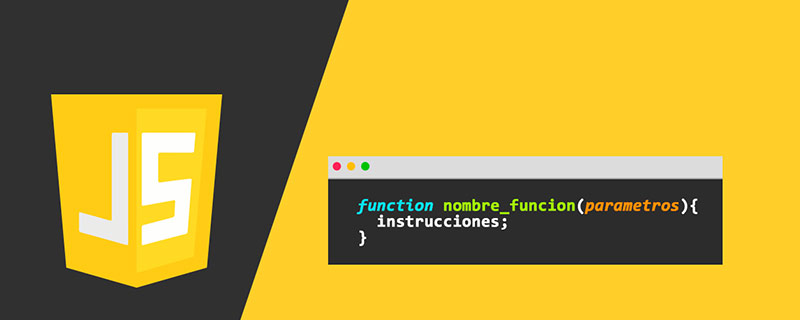 图文详解node.js如何构建web服务器Aug 08, 2022 am 10:27 AM
图文详解node.js如何构建web服务器Aug 08, 2022 am 10:27 AM先介绍node.js的安装,再介绍使用node.js构建一个简单的web服务器,最后通过一个简单的示例,演示网页与服务器之间的数据交互的实现。


Hot AI Tools

Undresser.AI Undress
AI-powered app for creating realistic nude photos

AI Clothes Remover
Online AI tool for removing clothes from photos.

Undress AI Tool
Undress images for free

Clothoff.io
AI clothes remover

AI Hentai Generator
Generate AI Hentai for free.

Hot Article

Hot Tools

Dreamweaver Mac version
Visual web development tools

MantisBT
Mantis is an easy-to-deploy web-based defect tracking tool designed to aid in product defect tracking. It requires PHP, MySQL and a web server. Check out our demo and hosting services.

Notepad++7.3.1
Easy-to-use and free code editor

SAP NetWeaver Server Adapter for Eclipse
Integrate Eclipse with SAP NetWeaver application server.

SublimeText3 Mac version
God-level code editing software (SublimeText3)






